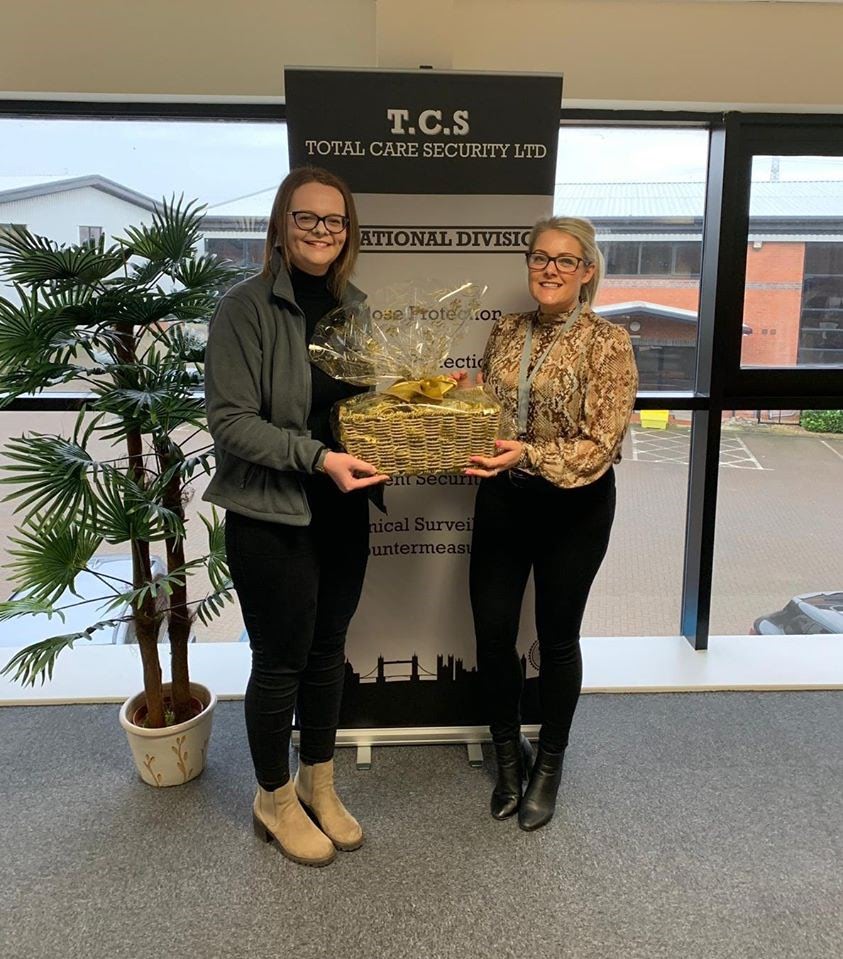Nottingham’s Young People Take a Step in the Right Direction and Start It with Futures

Bringing Nottinghamshire Businesses Together for A Good Cause
Along with a whole host of other activities across #NationalApprenticeshipWeek #NAW2020 (keep your eyes peeled on our social channels!), we’re hosting a quiz night raising money for @NSPCC with local Nottinghamshire businesses on the 6th February.
We want to get together with businesses we’ve loved working with recently to say thank you and to celebrate National Apprenticeship Week. We couldn’t think of a better way to do so than an evening of drinks, and mash, raffles, and the all-important quiz! We’re hoping for an evening of friendly competiveness in aid of the NSPCC.
Some of the raffle prizes we have so far:
- Code Fitness donated a 6 week Bootcamp Voucher
- Airquick have given a £10 Love2Shop Voucher
- Total Care Security gifted an M&S food & wine hamper
In Nottingham, as in other cities across the UK, many young people face challenges which can make moving on from Year 11 a difficult time in their lives, and it’s really important we recognise this.
However, figures out this quarter show that 96.7% of Year 11 leavers in Nottingham have gone into education, employment or training.
Futures work with schools, colleges, training providers, partners, and most importantly young people and their families to help them with their future. The initiative supports them whilst they’re still in secondary school to reduce the likelihood of them leaving school and becoming unemployed, and thanks to these efforts there are zero Year 11 leavers whose position is not known.
“It’s great to see the tireless efforts of our careers coaches come to fruition and that those not in work or education remains low. We know our support is still needed and we will continue to work with young people and their families to ensure they get the best opportunity to achieve more from life.” Amanda Payne, Head of Operations at Futures for You
Local Authority NEET is an initiative that supports young people in secondary school to reduce the likelihood of them becoming unemployed between the ages of 16 and 18.











Responses